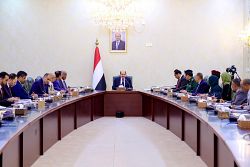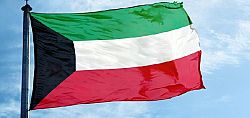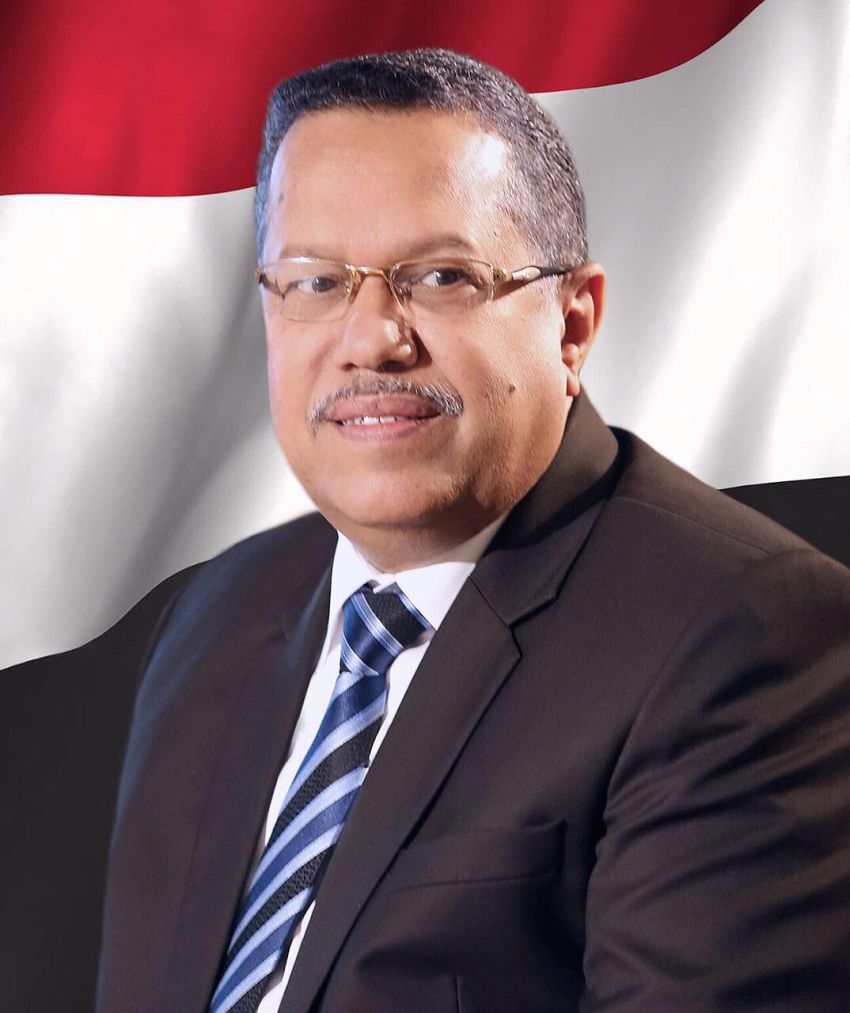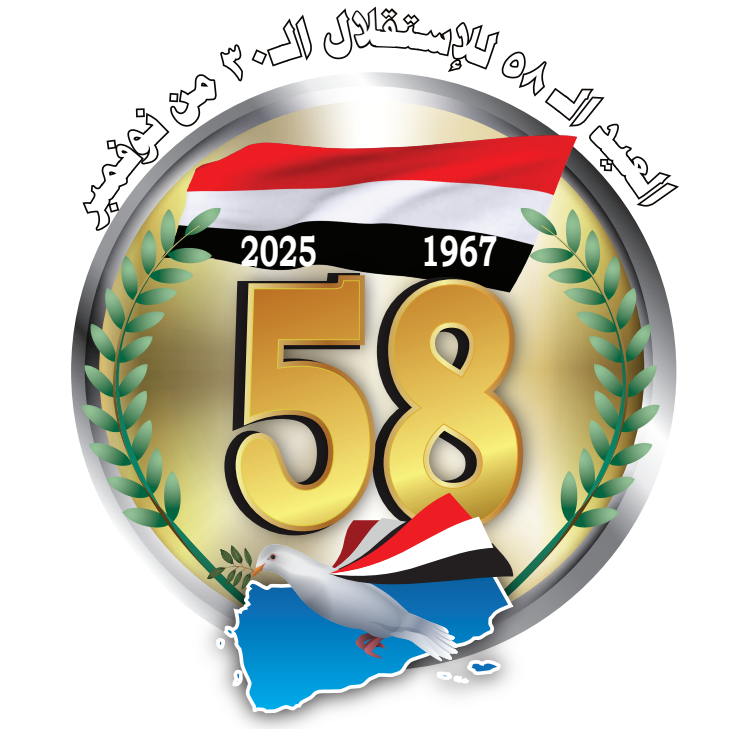
Cabinet approves draft budget for fiscal year 2026
The Council of Ministers approved the draft budget for the fiscal year 2026, submitted by the Supreme Committee for Budgets based on the presentation provided by the Ministry of Finance.

Kuwait Condemns Iranian Attack Targeting Its Territory
The State of Kuwait has strongly condemned a “heinous Iranian attack” that targeted its territory on Saturday morning, calling it a flagrant violation of Kuwait’s sovereignty, airspace, international law, and the Charter of the United Nations.

Korea large companies' exports rise 10 percent
Large companies' exports in South Korea rose approximately 10 percent year-on-year in the fourth quarter of last year, driven by increased global demand for semiconductors.

Saudi League: Al-Nassr, Al-Ettifaq and Neom Secure Victories Over Al-Ittihad, Damac and Al-Riyadh
Al-Nassr defeated its guest Al-Ittihad 2–0 in the match that brought them together at Al-Awwal Park Stadium in Riyadh, as part of the 21st round of the Saudi Professional League.
Last Update: ،
2026/03/01
Time
07:29:11
Latest News:
 Finance Minister signs with Ambassador al-Jaber new Saudi support agreement for Yemen
Finance Minister signs with Ambassador al-Jaber new Saudi support agreement for Yemen
 Prime Minister Receives Letter from Italian Deputy Prime Minister
Prime Minister Receives Letter from Italian Deputy Prime Minister
 Yemen Strongly Condemns Blatant Iranian Attacks on Saudi Arabia
Yemen Strongly Condemns Blatant Iranian Attacks on Saudi Arabia
 Republic of Yemen Condemns Iranian Attacks on Several Sisterly States
Republic of Yemen Condemns Iranian Attacks on Several Sisterly States
 Prime Minister Receives Letter from UNESCO Director-General
Prime Minister Receives Letter from UNESCO Director-General
Latest News:
 Finance Minister signs with Ambassador al-Jaber new Saudi support agreement for Yemen
Finance Minister signs with Ambassador al-Jaber new Saudi support agreement for Yemen
 Prime Minister Receives Letter from Italian Deputy Prime Minister
Prime Minister Receives Letter from Italian Deputy Prime Minister
 Yemen Strongly Condemns Blatant Iranian Attacks on Saudi Arabia
Yemen Strongly Condemns Blatant Iranian Attacks on Saudi Arabia
 Republic of Yemen Condemns Iranian Attacks on Several Sisterly States
Republic of Yemen Condemns Iranian Attacks on Several Sisterly States
 Prime Minister Receives Letter from UNESCO Director-General
Prime Minister Receives Letter from UNESCO Director-General
PM: Government changed Aden's situation for better
[29/10/2017 07:44]
ADEN-SABA
Prime Minister Ahmad Obeid bin-Daghr has confirmed his government succeeded in changing the situation of the transitional capital Aden and other liberated provinces into the better within a year.
"This success and improved situations in Aden comes in dependence on the available sovereign capabilities given to the government in the time the province was depending on its projects on assigned local resources or sovereign central," he said.
He added that everyone, with state financial knowledge, knows that taxes, customs, oil and minerals are sovereign resources across the world and these resources are under the central governments not governors.
He confirmed that the government has to take control of these resources to pay salaries of the civil servants and buy oil derivatives for power and local markets in Aden and other provinces.
He pointed out the government used these resources- taxes and oil derivatives- for re-building the army and security and rehabilitating the government's bodies demolished by Houthi-Saleh's aggression on Aden.
He noted that the government ordered all governors to hand over revenues of customs, taxes, oil and other central revenues to the Central Bank of Yemen and the government's account, in accordance to the law.
Key words:
rehabilitating - capabilities - government's - transitional - SABA Prime - derivatives - governments - situations - dependence - demolished - Cabinet approves draft budget for fiscal year 2026
Cabinet approves draft budget for fiscal year 2026 Finance Minister signs with Ambassador al-Jaber new Saudi support agreement for Yemen
Finance Minister signs with Ambassador al-Jaber new Saudi support agreement for Yemen Yemen Strongly Condemns Blatant Iranian Attacks on Saudi Arabia
Yemen Strongly Condemns Blatant Iranian Attacks on Saudi Arabia  Republic of Yemen Condemns Iranian Attacks on Several Sisterly States
Republic of Yemen Condemns Iranian Attacks on Several Sisterly States Prime Minister Receives Letter from UNESCO Director-General
Prime Minister Receives Letter from UNESCO Director-General International Association (Al-Ameen) Provides over 9,000 Medical Services During January 2026
International Association (Al-Ameen) Provides over 9,000 Medical Services During January 2026 President al-Alimi Congratulates Dominican Republic on its Independence Anniversary
President al-Alimi Congratulates Dominican Republic on its Independence Anniversary PM Orders Immediate Payment of Salaries for Civil Servants, Military Personnel
PM Orders Immediate Payment of Salaries for Civil Servants, Military Personnel President Al-Alimi: New Saudi Support is Additional Message of Promising Strategic Partnership
President Al-Alimi: New Saudi Support is Additional Message of Promising Strategic Partnership Prime Minister Expresses Deep Appreciation for New Saudi Support
Prime Minister Expresses Deep Appreciation for New Saudi Support


